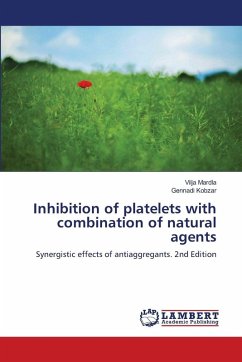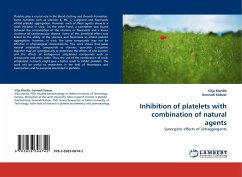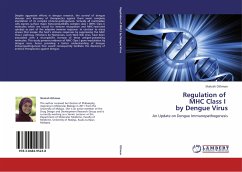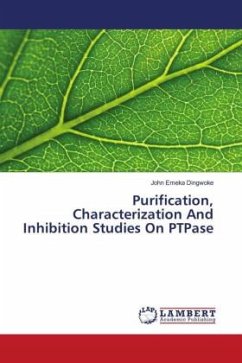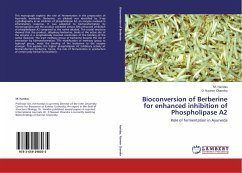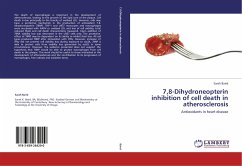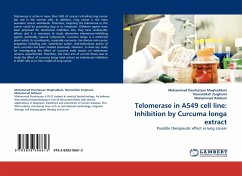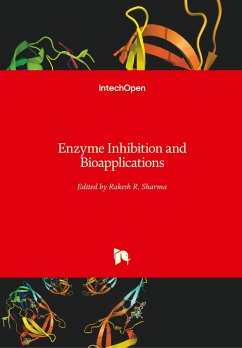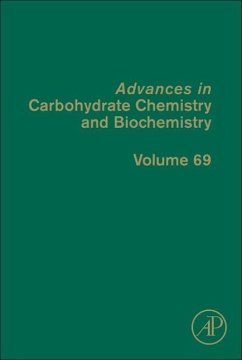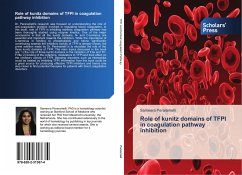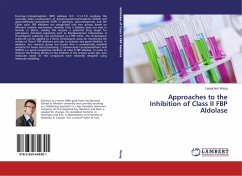
Approaches to the Inhibition of Class II FBP Aldolase
Versandkostenfrei!
Versandfertig in 6-10 Tagen
36,99 €
inkl. MwSt.

PAYBACK Punkte
18 °P sammeln!
Fructose-1,6-bisphosphate (FBP) aldolase (E.C. 4.1.2.13) catalyzes the reversible aldol condensation of dihydroxyacetonephosphate (DHAP) and glyceraldehyde-3-phosphate (G3P) in glycolysis, gluconeogenesis and the Calvin cycle. FBP aldolases are categorized into two groups based on different catalytic mechanisms. Notably, Class II aldolase does not exist in animals or plants, making this enzyme a potential drug target for pathogenic microbial organisms such as Mycobacterium tuberculosis. A chromogenic substrate was synthesized as a FBP mimic. The chromogenic substrate can be applied to a direct...
Fructose-1,6-bisphosphate (FBP) aldolase (E.C. 4.1.2.13) catalyzes the reversible aldol condensation of dihydroxyacetonephosphate (DHAP) and glyceraldehyde-3-phosphate (G3P) in glycolysis, gluconeogenesis and the Calvin cycle. FBP aldolases are categorized into two groups based on different catalytic mechanisms. Notably, Class II aldolase does not exist in animals or plants, making this enzyme a potential drug target for pathogenic microbial organisms such as Mycobacterium tuberculosis. A chromogenic substrate was synthesized as a FBP mimic. The chromogenic substrate can be applied to a direct chromogenic assay for monitoring the activity of Class II FBP aldolases and also to evaluate any good inhibitor. In addition, our research group has found that a commercially available antidote for heavy metal poisoning, 2,3-dimercapto-1-propanesulfonic acid (DMPS) is a good competitive inhibitor of Class II FBP aldolase. In order to improve the binding affinity of this inhibitor in the enzyme active site, new molecules based on this compound were rationally designed using molecular modeling.



